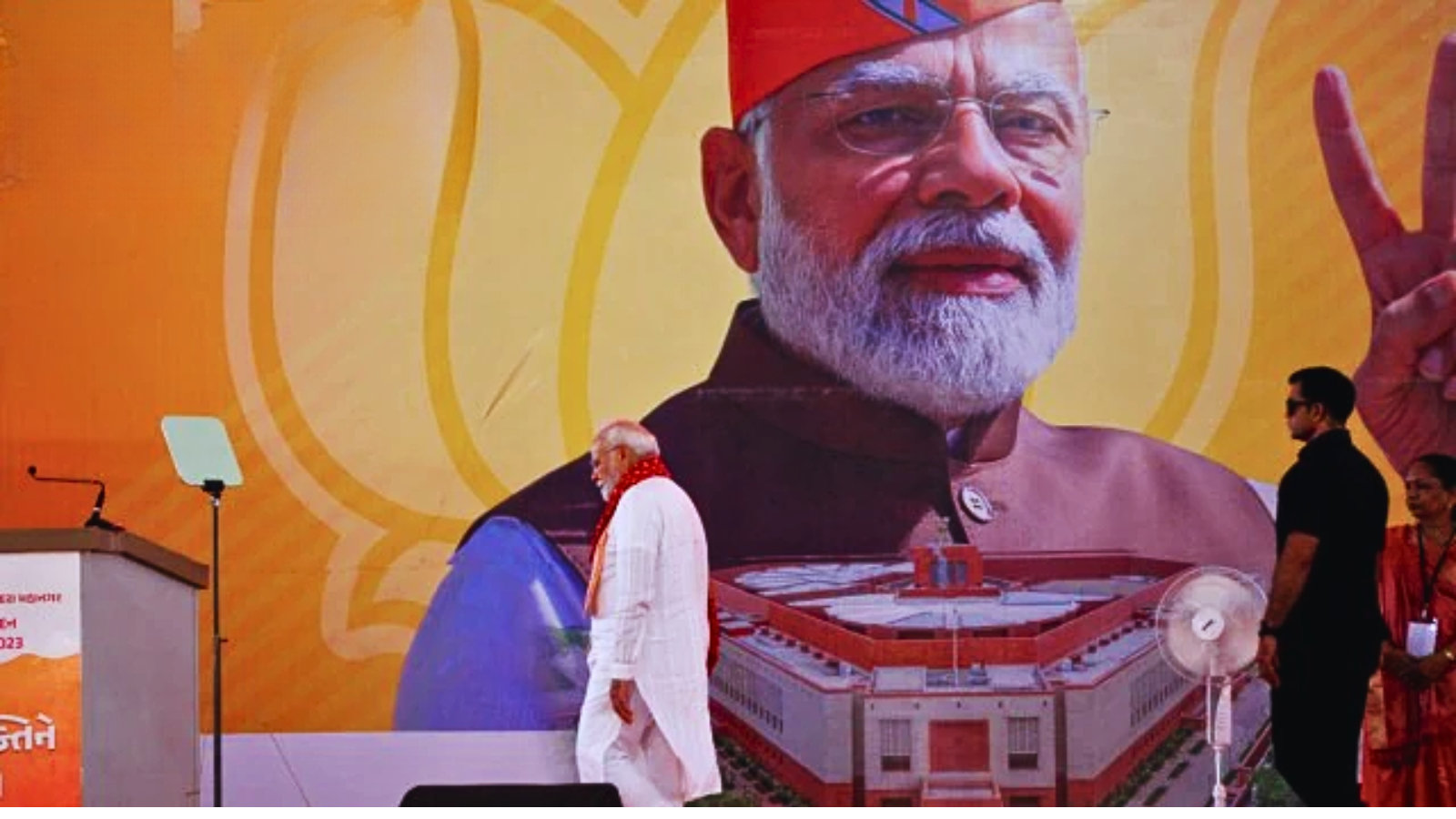To understand the declining standards of Parliament as an institution that ensures the accountability of the executive, one only needs to review the questions allowed on the floor and the quality of the answers provided. This analysis starkly reveals how our parliamentary discourse has shrunk beyond comprehension. Questions once deemed permissible are increasingly being rejected under various pretexts. The metaphors used for disallowing questions range from “matters of sensitive nature” to “hypothetical propositions” and “policy questions too large to address within the confines of an answer”.
It is worth pondering why these aggressive constraints were not in place a decade ago.
The media has embarked on a quest to decipher the ever-shifting figures of the new Parliament building’s cost. Until 2021, the government proudly revealed in its answers to various questions raised in the Rajya Sabha that the estimated cost of this building was Rs 971 crore. Fast forward to 2023, and suddenly, silence fell when this writer inquired about the actual expenditure incurred upon completion and the next phase of the work. This sudden reticence is nothing short of theatrical. Discussing the final cost has become inappropriate because “it shall not raise matters under the control of bodies or persons not primarily responsible to the Government of India!”. Wasn’t it approved by the Cabinet as part of the Central Vista project?
This author sought the details of the number of internet shutdown orders issued over the past three years, their state-wise distribution, and the like. This simple question was disallowed because “it shall not seek information about matters which are in their nature secret.” Indeed, why should the public know about the frequency of their internet being cut off? It’s much better to leave such trivial details shrouded in mystery, lest transparency disrupt the delicate balance of power.
Likewise, the details of petroleum imports are too “secret” and “sensitive” for parliamentary answers — never mind these same details periodically make their way to the media.
Then there is the curious case of the question about facial recognition technology and biometric attendance systems in public offices. Questions on whether the government uses such technologies or if they ever sought legal opinions or conducted cost-benefit analyses before its implementation have not received proper responses. The answers are anything but straightforward. The question was promptly disallowed for daring to “ask the solution of a hypothetical proposition”. Hypothetical? The simplicity of the questions, of course, only makes the reason for rejection all the more contradictory—and, dare I say, convenient.
Let’s not forget the crowning achievement: A question centred on the delay in conducting Census 2021 was disallowed under an array of sub-rules, with the rather convenient explanation that the subject matter involved “drawing inferences, asking for an expression of opinion, and primarily concerns the state governments.” It’s strange, though, how the commencement of the Census — a matter that falls squarely within the central government’s exclusive domain — can suddenly be painted as a State concern. One would think that the states have suddenly been endowed with the power to schedule a nationwide Census exercise.
Lastly, the pièce de résistance of governmental disclosures: A question about the applicability of Corporate Social Responsibility (CSR) to the PM CARES Fund was disallowed because PM CARES is “not a concern of the Government of India.” Never mind that a 2020 Office Memorandum from the Ministry of Corporate Affairs reveals that PM CARES comes under the ambit of a fund set up by the central government for socio-economic development and relief.
Equally worrying is the quality of answers to questions that make it to the floor. The prevailing mantra appears to be ensuring that no question receives a straightforward answer. It seems the government has perfected the craft of sidestepping with a finesse that deserves, if not applause, at least a slow clap.
When the author inquired about vacancies in Indian Railways, the answer was about the appointments made — an answer as elusive as a high-speed train in a thick fog. Curiously, many of these questions were once met with prompt and direct answers.
Even Nitin Gadkari, who has consistently distinguished himself by providing clear and relevant answers to both written and oral questions, seems to have succumbed to this new trend of semantic evasion, at least when it comes to written answers.
Then we have the Ministry of Education, which, when asked about the representation of SC, ST, and OBC categories among Professors of Practice in higher education institutions, chose to perform an elaborate circus around the issue. In one of their answers from last year, they mentioned the total number of experts registered on the Professor of Practice (POP) portal. But even that figure mysteriously vanished from their response this time. Perhaps they assumed that the more they obfuscated, the less we would notice the glaring omissions.
The recent Parliament sessions have taught us that the art of evasion is alive and well in the corridors of power. The implications of this decline are manifold. At its core, the erosion of parliamentary discourse compromises the ability of MPs to perform their oversight function effectively. When questions are disallowed or inadequately answered or evaded, the executive operates with diminished scrutiny.
The falling quality of parliamentary discourse is a matter of grave concern, striking at the very heart of democratic governance. As the primary forum for holding the executive accountable, Parliament must reclaim its role as a bastion of transparency, inquiry, and debate.
The writer is a Rajya Sabha member of CPM. With inputs from Aneesh Babu



